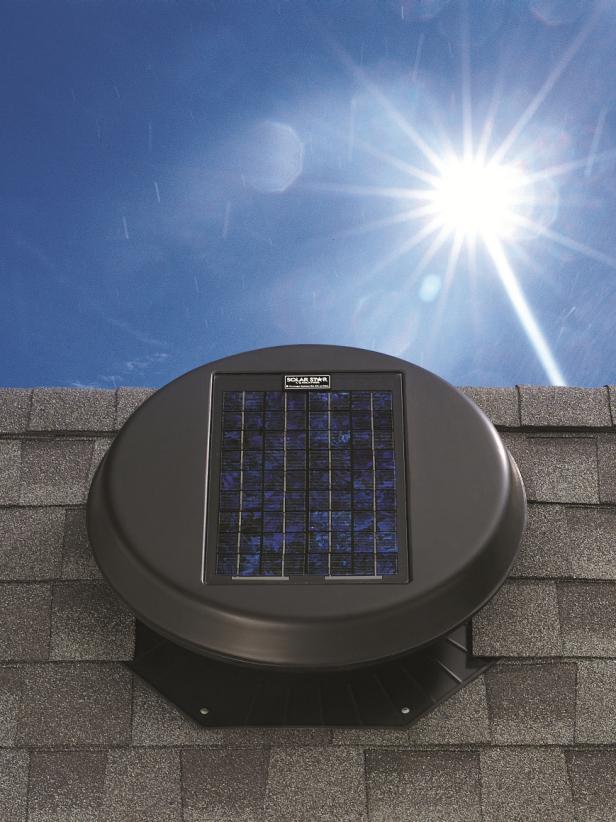 Summer is breathing it’s last breath, kids are preparing to head back to school and here in New England the weather can turn fast. Prepare now for the impending chill of Fall and winter with some easy home maintenance tasks you can do yourself and some you may want to call in the Pros for.
Summer is breathing it’s last breath, kids are preparing to head back to school and here in New England the weather can turn fast. Prepare now for the impending chill of Fall and winter with some easy home maintenance tasks you can do yourself and some you may want to call in the Pros for.
Indoor Fall Maintenance
For you…
The introduction of the heating season brings new potential for fire hazards, so take a moment to review fire safety in your home as well performing some yearly routine maintenance tasks listed below.
- Check and replace fire extinguishers if necessary.
- Change the batteries in your smoke detectors.
- Go over the home fire evacuation plan with your family.
- Clean the lint from your dryer vent lines.
- Change the air filter in your furnace and stock up on several more filters for the winter.
- Ensure all vents and returns are clear of debris and open.
- Check your windows and doors for any air leaks that may compromise energy efficiency
- Prepare your seasoned firewood and store it covered, at least 30ft from your home.
For the Pros…
- Call in an HVAC professional to test the heating output and give the system a tune-up. This technician can also check for and correct possibly hazardous carbon monoxide levels generated by your heating system.
- Have your duct system cleaned and sanitized.
- Install a programmable thermostat to help lower your energy costs.
- Have any door weather-stripping in disrepair fixed
- Call a chimney sweep company for an annual sweep before the start of the season.
- Have your attic insulation inspected and added to if necessary
Outdoor Fall maintenance
For you…
- Cover or put away outdoor furniture for the winter
- Disconnect garden hoses and, if practical, use an indoor valve to shut off and drain water from pipes leading to outside faucets. This reduces the chance of freezing in the section of pipe just inside the house.
- Empty out unused fuel from any gas-powered equipment because sediment can build up and clog the fuel lines. Store gasoline in tanks out of children’s reach and have it ready for use in your snow blower or emergency generator.
- Test your emergency generator & snow blower. Make sure they are in good working order and remember never to run a generator in any enclosed space as this presents a carbon monoxide hazard.
For the Pros…
- Have your gutters inspected and cleaned.
- Have inefficient windows/doors replaced or repaired.
- Install a Storm Door
- Install an electrical sub-panel for your main circuits to be routed to your generator in case of a power outage.
For help with your seasonal maintenance needs call 508-279-0656 or inquire online.






 When assessing whether you should replace your windows, ask yourself the following questions:
When assessing whether you should replace your windows, ask yourself the following questions: